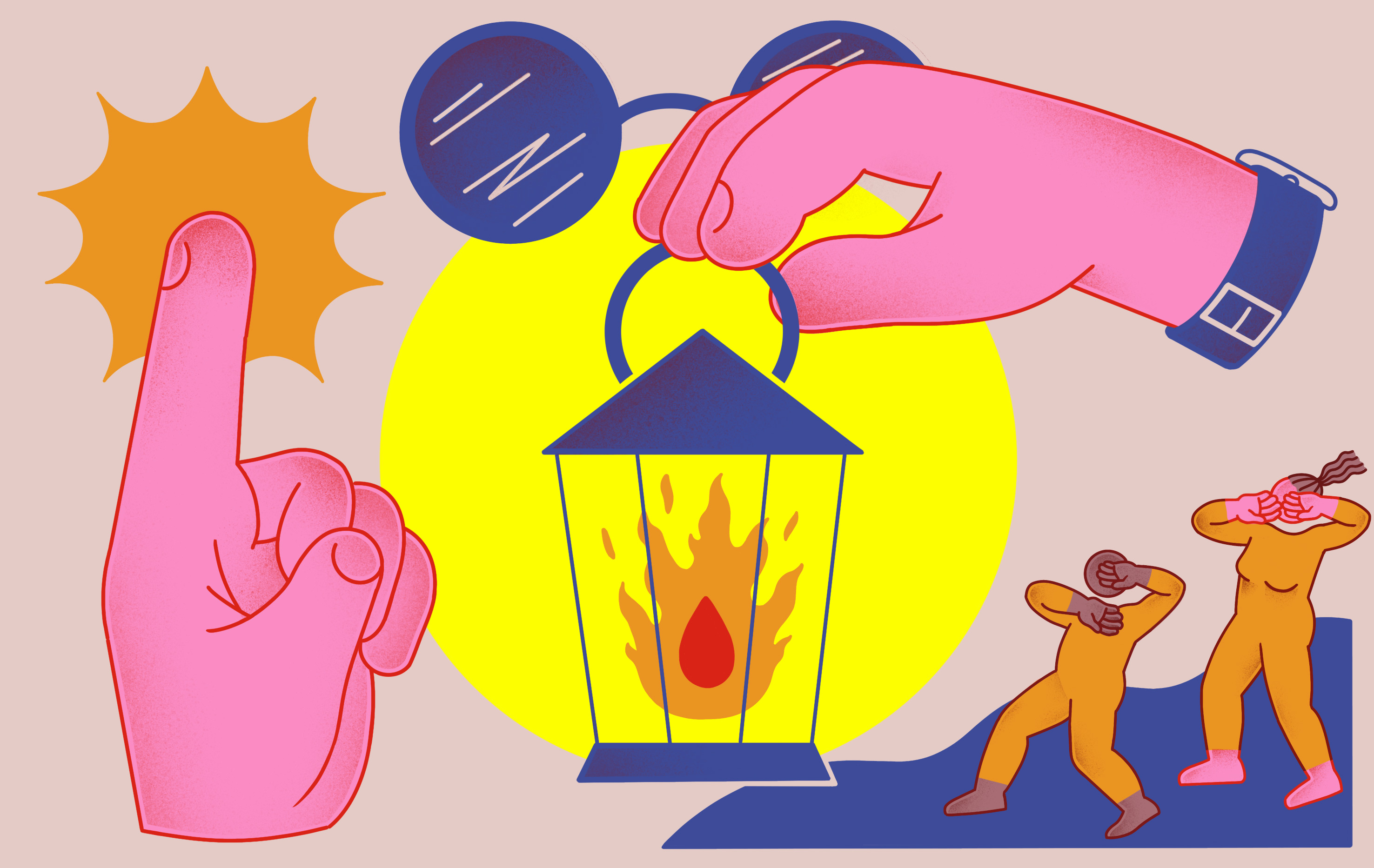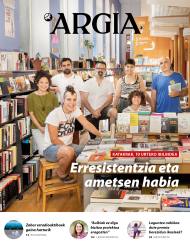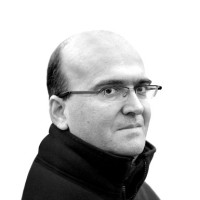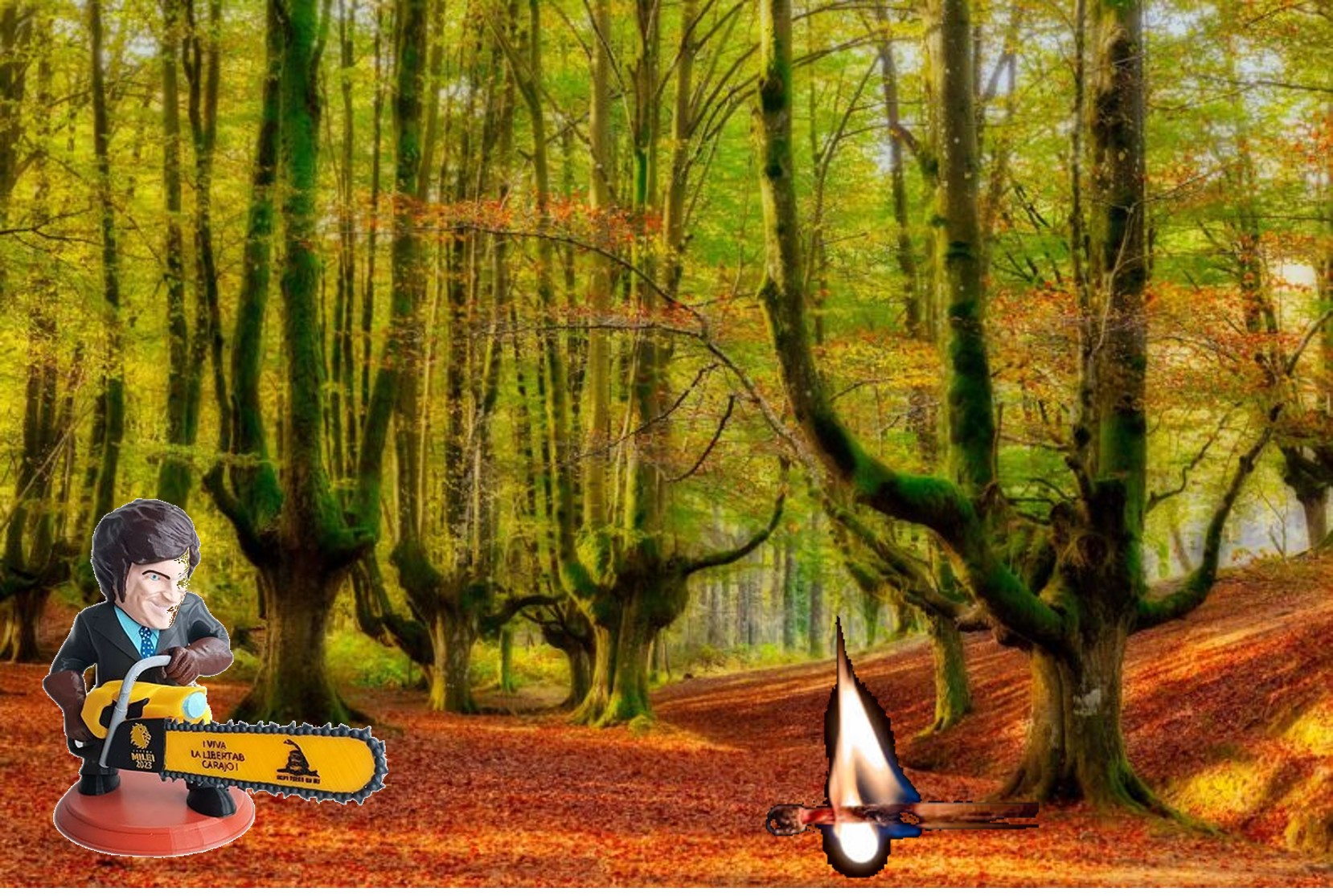Dazzling luminosity

The tradition of uniting wisdom and light is very old. The metaphors that link both in Indo-European languages are so frequent, so integrated that they are barely consciously perceived. But not only in them, but also in ours, it has the same relationship: we call light the smart person and we talk about light intelligence. Religion has often said that the path of knowledge is bright (trying to dilute the opposition between reason and faith), let us remember the motto Ego sum lux mundi or the doctrine of the enlightenment of Augustine of Hipona. (May the goddesses leave us with bright paths, for more than light paths that go naturally towards the paradois were artificially illuminated paths for hell.)
In ancient times, wisdom was often understood as knowledge of the most luminous objects. Plato played with light and shadow in the famous cave myth, imagining that the path to wisdom, through education, was a liberation from the shadow. Philosopher, philosopher and theologian from the 6th century, accused Aristotle of having made a game of words between sophia (wisdom) and sápheia (clarity), because the former clarified all things. Today for us, to see clearly is to understand well and to be in the dark lost in ignorance.
The same metaphor hides behind the view of the Middle Ages as a dark time. Although it has been fashionable for a long time to repeat that it was not for so long, that is to say, that dark time – you do not know – that we have been painted and that we have represented that it was not the Middle Ages (this time the risk is at the other end: It was not the Middle Ages imagining themselves as something, as a paradise of equality and fraternity). In spite of everything, after the Middle Ages came the Renaissance, resurrecting light and bringing enlightenment to the top, to the Enlightenment, also called “Age of Lights”, for considering that reason came in the hand of the candle, illuminating the darkness caused by blind and uncritical faith.
There are enlightened advertisers convinced that they have more ability than the rest to know how things really are.
German Romanticism – radical contemporary reactions against the Enlightenment and, in most authors, very reactionary – wanted to show that the lights give us away (“A lot of light this century!”, Herder, one of the fathers of Romanticism, shouted. Summer midday light doesn't let you see anything, it burns everything and plans. Things appear much more profiled with oblique light to darken. In dark light, everything is separated and better perceived. At a time of excess light, when there is no shadow, it doesn't look good.
Herder's cry against glare is in Kanten Sapere! has often been understood as contrary to the call (call to personal understanding). I think they are complementary, but this time we are going to avoid that debate.
The truth is that there are clear, i.e. ingenious, quick thinkers who focus on what others do not see and point the shadows as such (I said to the thinker, I could tell the store, the cleaner, the professor or the politics). But there are also enlightened people who think they act under the influence of almost supernatural power, believing that they own the truth. Predictors convinced that things are more capable of knowing than others. Light, simple thinkers illuminated. How do they differ? Is the limit between the two clear and concrete? In both cases, light, the metaphor of knowledge. But has it never happened that the supposedly luminous ones do not stop in time and become listeners? I would say that this has been seen more than once (yes, we all have one in our head! ). May the goddesses not allow clarity to give us.
Bidali zure iritzi artikuluak iritzia@argia.eus helbide elektronikora
ARGIAk ez du zertan bat etorri artikuluen edukiarekin. Idatzien gehienezko luzera 4.500 karakterekoa da (espazioak barne). Idazkera aldetik gutxieneko zuzentasun bat beharrezkoa da: batetik, ARGIAk ezin du hartu zuzenketa sakona egiteko lanik; bestetik, egitekotan edukia nahi gabe aldatzeko arriskua dago. ARGIAk azaleko zuzenketak edo moldaketak egingo dizkie artikuluei, behar izanez gero.
Automatizazioaren eta abereen inguruan kuxkuxeatzen ari nintzela, ukuilu automatizatuen informazioa hasi naiz eskuratzen. Nire idazmahaiaren erosotasunetik idazten, gizakion kontsumorako modu masiboan esplotatzen ditugun abereen bizitzak nahiko penagarriak direla iruditzen zait,... [+]
Errepikatu nirekin: Sara Millerey. Ez dezagun ahaztu bere izena. Transfeminizidioaren biktima da Millerey: gorrototzaile transmisogino batek torturatu zuen, besoak moztu zizkion eta bizirik bota zuen ibaiertz batera. Bi orduko agoniaren ondoren hil zen.
Errazagoa da J.K... [+]
Rearm Europe. Reindustrialize to defend Europe. This is the agenda that the political leaders of the European Union have been trying to promote lately, through the White Paper on European Defence, the BirArm Europe and the 2030 Availability plans. The excuses for the promotion... [+]
Zenbait urtetatik hona sarri entzuten dugun kontzeptua da zaurgarritasuna. Gaur gaurkoz, diskurtso politikoetan pertsona zaurgarriez aritzea ohikoa da. Seguru nago nik ere inoiz erabili dudala berba hori Bizilan.eus webgunean, eskubide laboralak eta prestazio sozialak azaltzeko... [+]
It seems possible to measure happiness. There are even those who insist on it. The UN is not very successful in maintaining world peace, but it shows in an annual report how such a quality is distributed across the planet. It is basically a list, staggered from country to... [+]
On Sunday, May 11, we have an appointment in the Plaza del Rekalde (Bilbao) to announce that all the people who live in Basque cities and towns have a census. This action is part of a broad campaign that promotes that no one living in our municipalities is without a census. In... [+]
Duela urtebete eskas Espainiako aireportuen sarea kudeatzen duen AENA enpresa publikoak iragarri zuen Loiuko aireportuko terminala handitu nahi duela. 2024an 7 milioi bidaiariren langatik gertu gelditu zen eta, handitzeak aurrera eginez gero, 2030. urtetik aurrera 13-14 milioi... [+]
You may not know who Donald Berwick is, or why I mention him in the title of the article. The same is true, it is evident, for most of those who are participating in the current Health Pact. They don’t know what Berwick’s Triple Objective is, much less the Quadruple... [+]
The article La motosierra puede ser tentadora, written in recent days by the lawyer Larraitz Ugarte, has played an important role in a wide sector. It puts on the table some common situations within the public administration, including inefficiency, lack of responsibility and... [+]
Is it important to use a language correctly? To what extent is it so necessary to master grammar or to have a broad vocabulary? I’ve always heard the importance of language, but after thinking about it, I came to a conclusion. Thinking often involves this; reaching some... [+]
The other day I went to a place I hadn’t visited in a long time and I liked it so much. While I was there, I felt at ease and thought: this is my favorite place. Amulet, amulet, amulet; the word turns and turns on the way home. Curiosity led me to look for it in Elhuyar and it... [+]
Adolescents and young people, throughout their academic career, will receive guidance on everything and the profession for studies that will help them more than once. They should be offered guidance, as they are often full of doubts whenever they need to make important... [+]




















